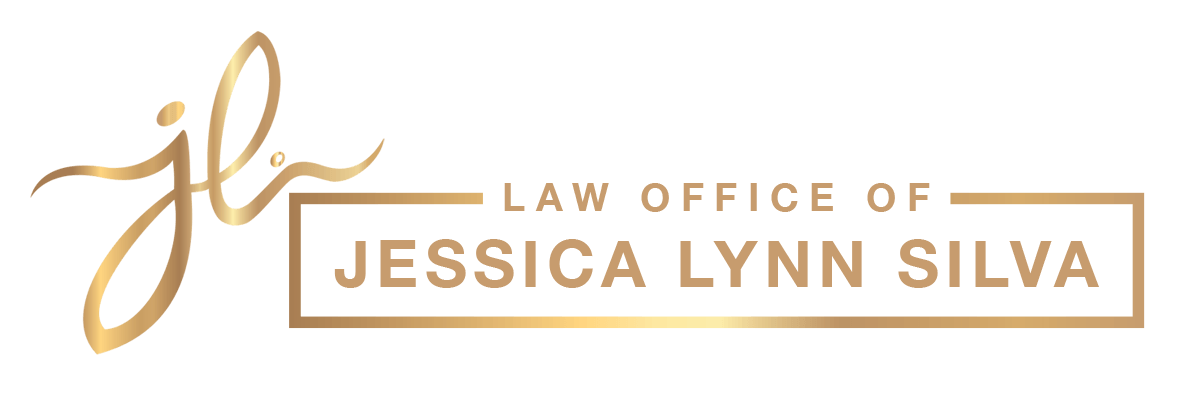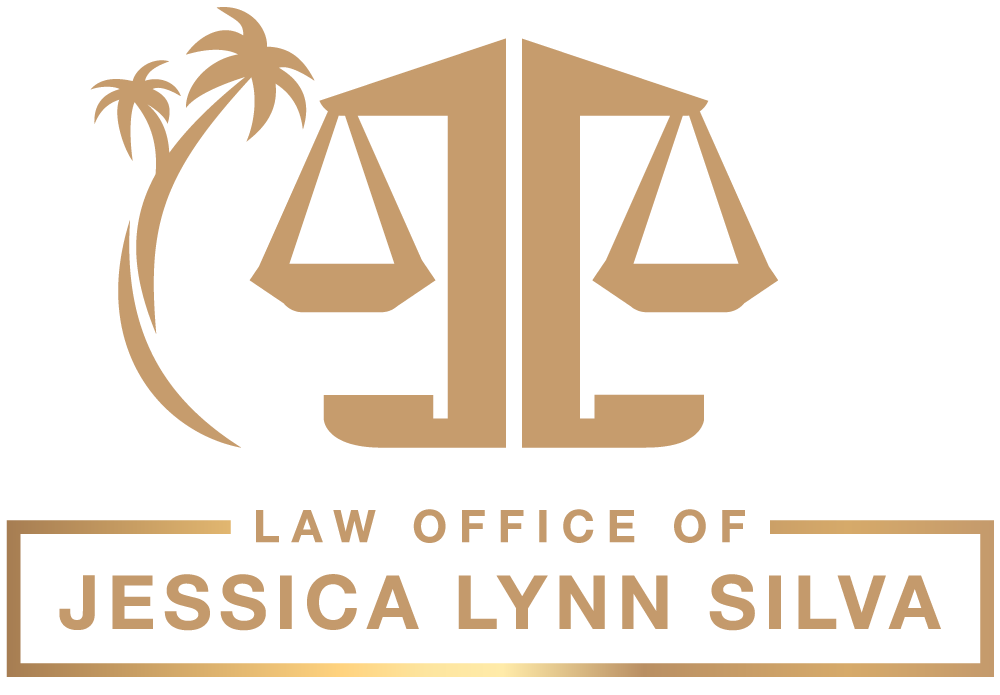Probate
Probate
Probate is the legal process through which a deceased person's estate is properly distributed to heirs and designated beneficiaries and any debt owed to creditors is paid off (if appropriate). Generally, the probate property is distributed according to the decedent's Last Will and Testament. If decedent did not have a Last Will and Testament or it is unable to be located, then the estate would pass via the intestacy laws of the state.
In Florida there are three types of probate administration. Which one you would need depends on certain criteria however a short overview of each is below:
Formal Administration:
This is the longer version of probate in which letters of administration are issued to the personal representative and a notice to creditor period takes place.
Summary Administration:
This is a quicker process than formal administration and does not require the appointment of a personal representative. An estate may qualify for summary administration if the gross value of the probatable estate is $75,000 or less and there are no debts, or if two years have passed since the decedent's death and there has been no administration.
Ancillary Administration:
If the decedent did not reside in Florida but owned real property in Florida in his/her name only, the property will need to be probated in Florida, regardless of whether there is probate in another state.
Assets that are titled in the name of a Revocable Trust will not go through probate. However, certain administrative steps must still be taken via what is called a Trust Administration . A Trust Administration is less expensive and more quickly accomplished than a probate administration.
Assets That Could Avoid Probate (As long as have named beneficiaries)
Retirement plan assets from plans like IRAs and 401(k)s
When you create these retirement accounts, you complete a beneficiary designation form that states who any remaining assets should go to in the event of your death.
Life insurance policy proceeds
Life insurance policies have a space for you to designate beneficiaries.
Annuities
This insurance investment tool has you designate beneficiaries for any money left in the annuity after your death.
Payable on Death (POD) bank accounts
POD accounts can be set up for checking and savings account, money markets, CDs and savings deposits. You name beneficiaries who will receive the money in the account at your death.
Transfer on Death (TOD) investment accounts
These are stocks, bonds and brokerage accounts that provide the same advantages as POD bank accounts.
Property that has joint tenancy with rights of survivorship
This means that two or more owners hold title to an asset together, such as a house. If one owner dies, the asset goes directly to the surviving owner.
Revocable Living Trust
Note: it is wiser if beneficiaries for IRAs and 401(k)s are real people and not a trust.
Get Started
Reach out to our office via phone, text or email to ask questions and/or start the process. We will begin by providing you with a questionnaire via email to complete and return to our office.
We will get back to you as soon as possible
Please try again later
About Us
Estate Planning, Probate, Mediation and Elder Law. Practical Legal Advice with a Personal Touch.
Contact info
The information contained on this website is provided for informational purposes only and should not be construed as legal advice.
Copyright 2021 Law Office of Jessica Lynn Silva PLLC | All Rights Reserved | Web Design By Get Iconic


